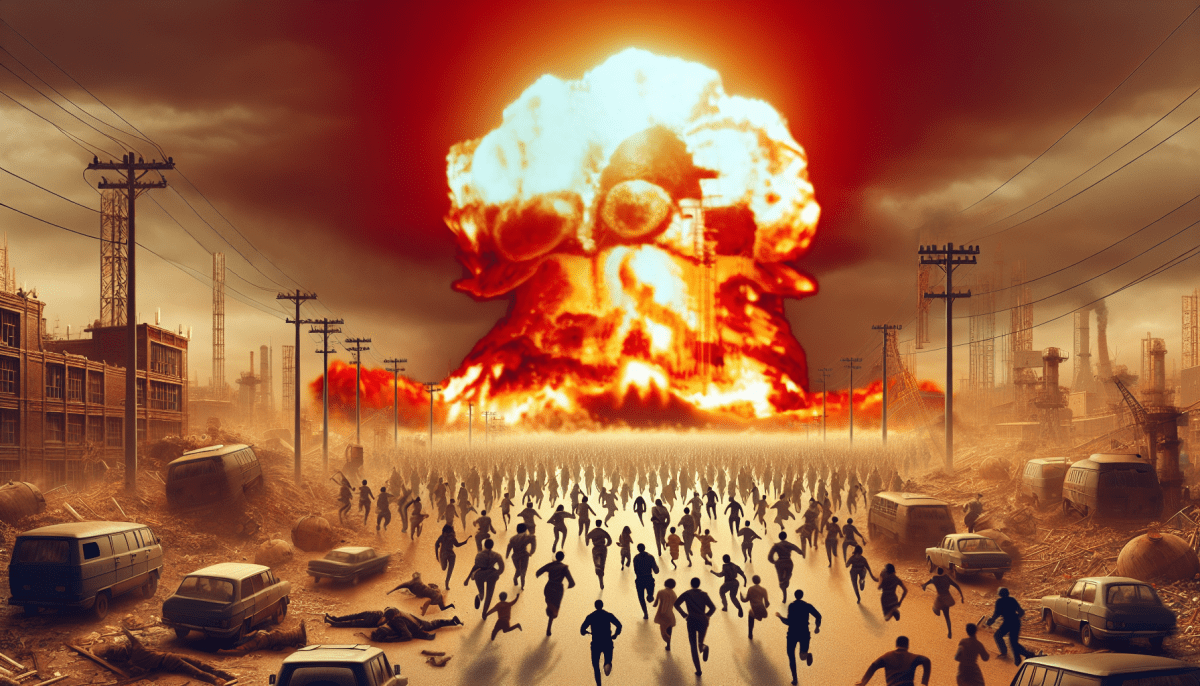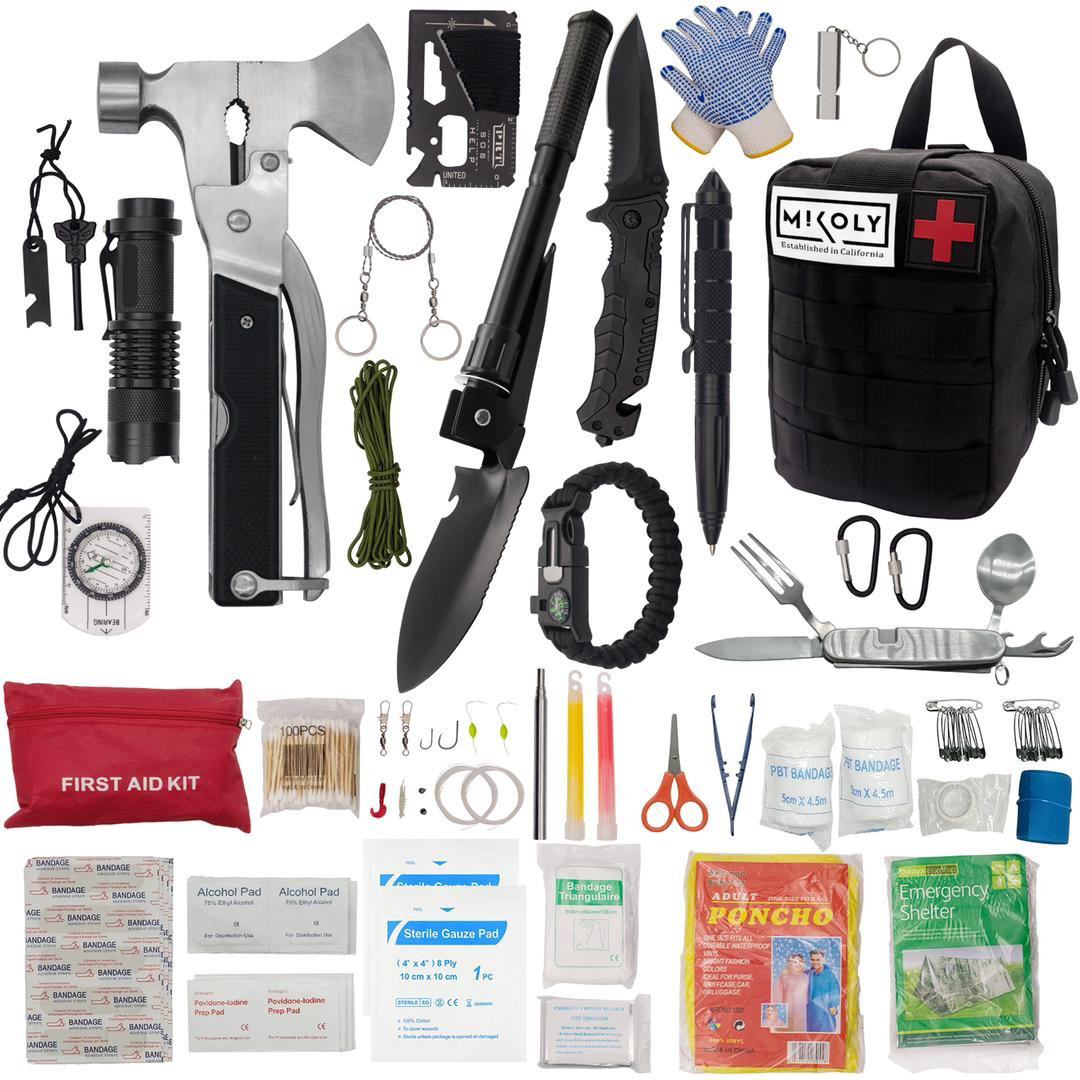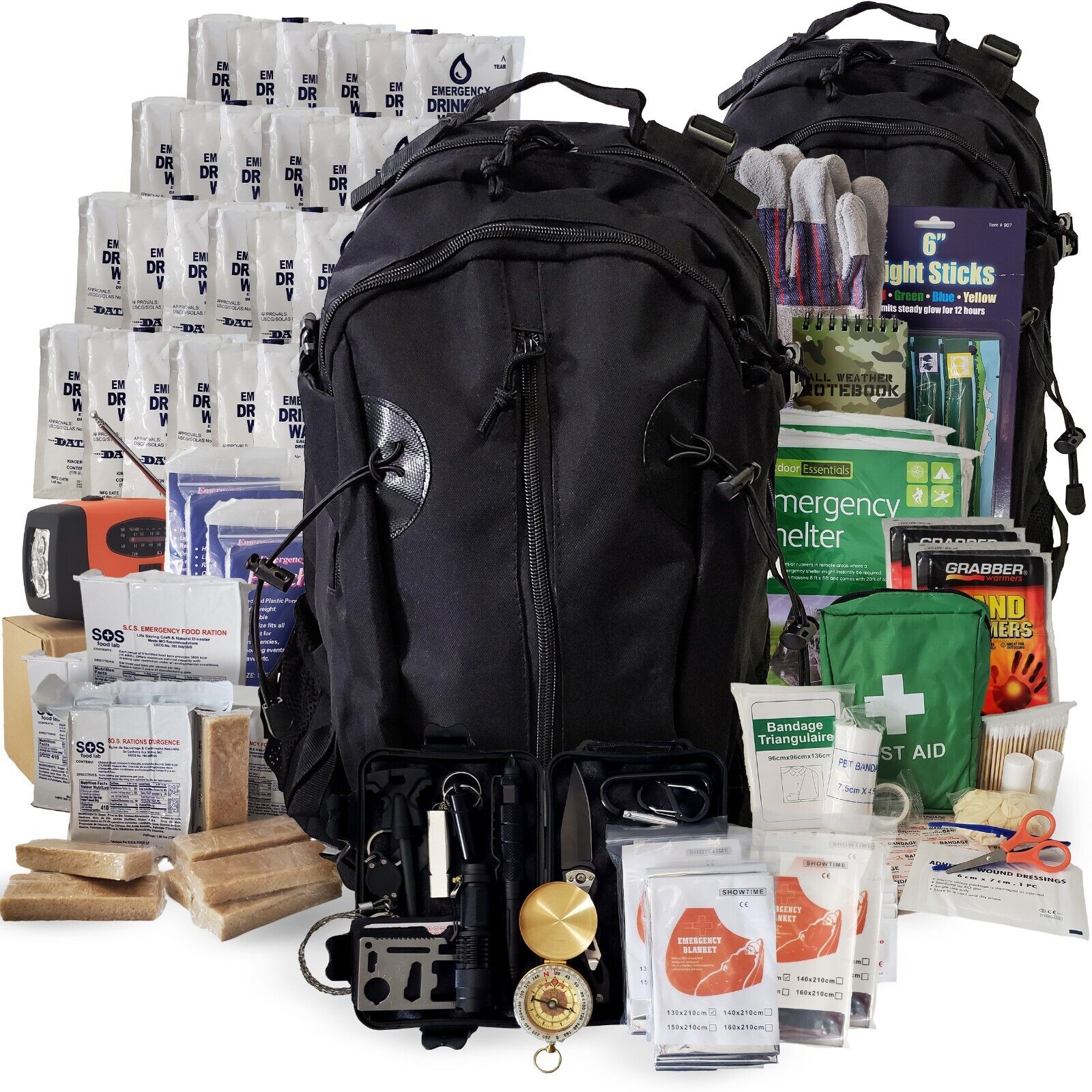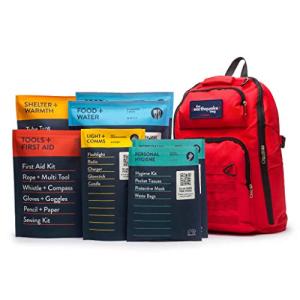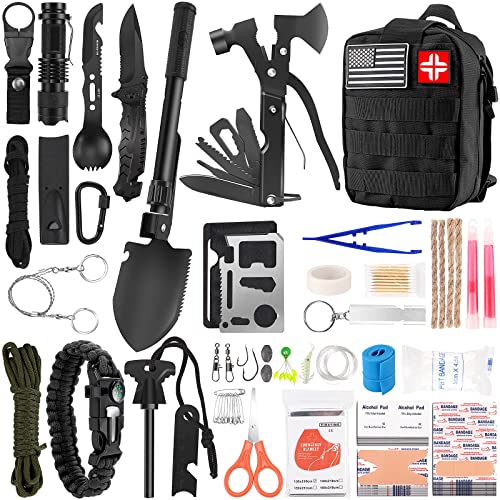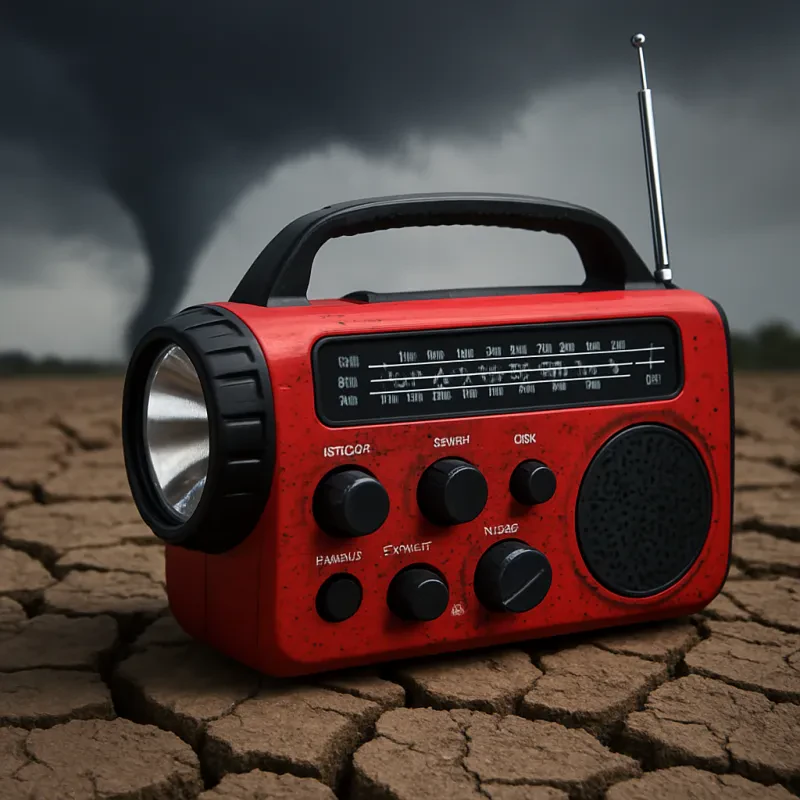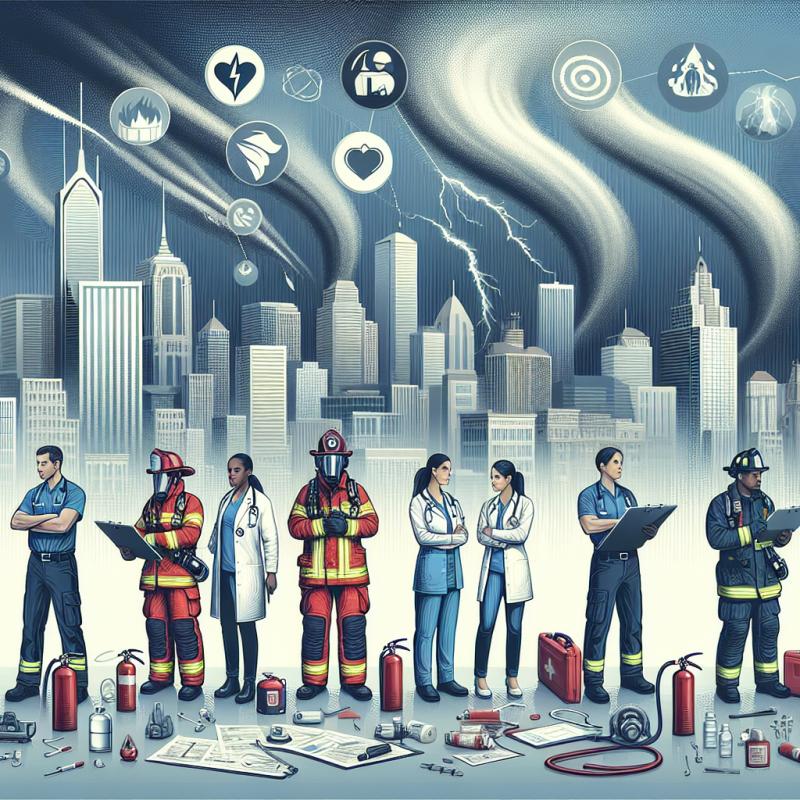To start with, it's important to know what a nuclear explosion entails. In simple terms, this means understanding the key effects: the blast, intense heat, and radiation. Knowing what to expect can help you make informed decisions and take the right steps to protect yourself. For instance, the initial blast can cause significant damage, which is why having a safe shelter is a top priority. Finding a sturdy basement or an underground space can provide protection from both the initial impact and the radiation that follows.
Essential Emergency Supplies
Next, let’s talk about emergency supplies. Stocking up on essential items can really help you survive nuclear war. Consider these must-haves:
- Non-perishable food and water – aim for at least a 4-week supply.
- First-aid kit – make sure it’s well-stocked and includes any personal medications.
- Battery-powered radio – this can keep you informed about updates and safety information.
- Flashlights and batteries – these are essential if you lose power.
It is important to educate yourself on how to stay safe after a nuclear event. This involves understanding how to minimize your exposure to radiation. Staying indoors, sealing windows and doors, and using damp towels to cover gaps can significantly reduce your risk. Remember, the first 24 to 48 hours are most critical for staying safe, so being prepared and knowing what to do can help you survive nuclear war and keep your family safe.
Must-Have Gear for Your Survival Kit
When it comes to preparing for the unexpected, having the right gear in your survival kit can make all the difference. If you’re looking to survive nuclear war, it’s crucial to be ready with items that are reliable and practical. Here are some must-have gear items that should be on your list.
1. Water Filtration System
Clean water is a top priority. A portable water filtration system can help you purify water from nearby sources. Look for options that can filter out contaminants and provide safe drinking water quickly.
2. First Aid Kit
Your first aid kit should be stocked with essentials like bandages, antiseptics, and any necessary medication. Make sure to check and replenish it regularly, so you're always prepared to address injuries or illnesses during a crisis.
3. Radiation Detector
A radiation detector is a smart addition to your kit. It helps you monitor radiation levels in your environment, allowing you to make informed decisions about safety. Choose a model that is user-friendly and compact for easy carrying.
4. Non-Perishable Food Supplies
Having a stash of non-perishable food can keep you nourished during tough times. Focus on items like canned goods, freeze-dried meals, and energy bars that are lightweight and easy to store. Remember to include a manual can opener!
5. Nuclear Face Mask and Respirator
Nuclear face masks and respirators are essential for protection during and after a nuclear event. They filter out harmful particles and gases, ensuring you breathe clean air. Perfect for emergencies and exposure to chemical agents, vapors or radiated dust.
Each of these items plays a key role in helping you survive nuclear war. When it comes to your safety and well-being, being prepared with the right gear can give you peace of mind and the ability to respond effectively to any situation.
Smart Strategies for Shelter and Safety
When it comes to survival, having a solid shelter can make all the difference if you're trying to survive nuclear war. Think about the kind of protection you'll need: a sturdy basement, a specially built bunker, or just a well-fortified room can be lifesavers. Ideally, your shelter should be underground or in the center of your house away from windows, which can shatter, letting harmful radiation in.
Once you've picked a spot, it’s important to stock it with the right supplies. This means food, water, and medical kits. Aim to have at least a two-week supply for every person in your household. Consider non-perishable items such as canned goods, dried beans, and bottled water. Don't forget to include a manual can opener, since batteries and electricity may not be reliable.
Communication is also key. In a crisis, it might be challenging to get news updates. A battery-powered or hand-crank radio can help you stay informed. You can also invest in walkie-talkies to keep in touch with family members if you’re not all in the same place. Make sure everyone in your family knows how to use these devices before an emergency strikes.
Lastly, think about air filtration. During a nuclear event, the air can become contaminated. Having a good air purifier or even simple items like duct tape and plastic sheeting can help seal off your shelter. Create a makeshift airlock by using a few trash cans filled with dirt or sand outside your main entry. This extra step might feel tedious, but it’s essential if you want to ensure safety as you survive nuclear war.
Food and Water Tips for Long-Term Survival
When you're preparing to survive nuclear war, having the right food and water supplies is crucial. You want items that not only last a long time but also provide the nourishment you need to keep your energy up. Start with a stockpile of non-perishable foods. Canned goods, dry beans, rice, and freeze-dried meals are all solid options.
Here’s a quick list to consider adding to your stash:
- Canned vegetables and fruits
- Dried pasta and grains
- Instant oatmeal and cereal
- Nut butters and honey
- Ready-to-eat meals (like MREs)
Water is just as important. In case of contamination, having clean, drinkable water is a top priority. Aim for at least one gallon of water per person per day, and try to stock up for at least two weeks. You can buy bottled water, or even better, invest in a good water filtration system to ensure you always have access to safe water.
Don't forget to rotate your supplies! Check expiration dates regularly and use what you have, replacing it with fresh items to keep your stockpile up to date. This way, you'll be ready to survive nuclear war with everything you need on hand.
